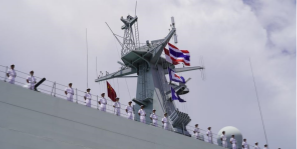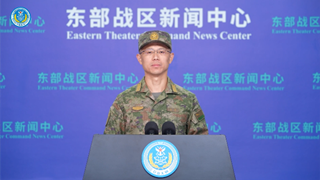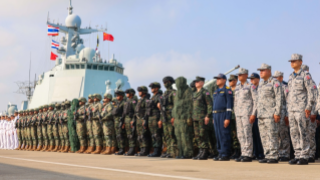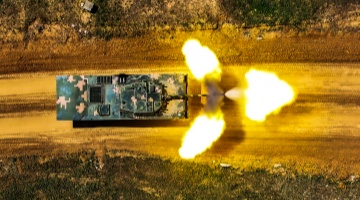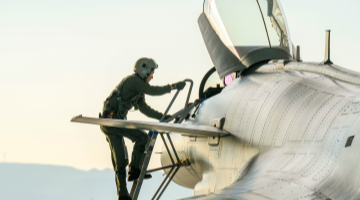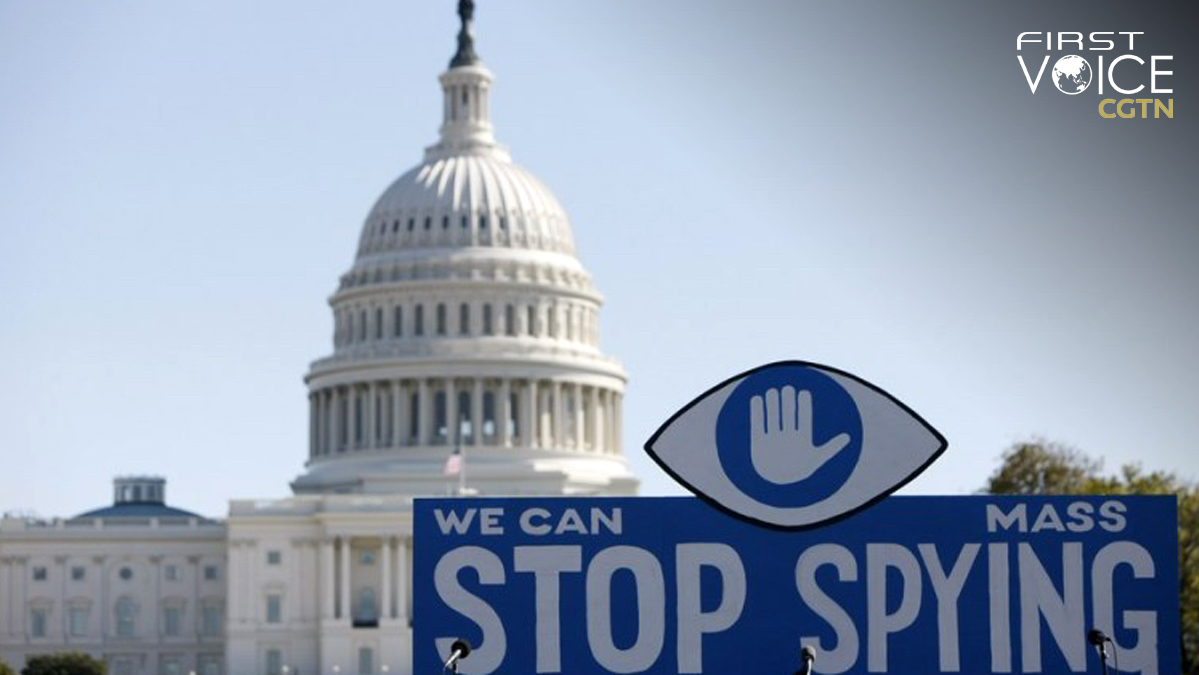
This First Voice article is written by CGTN Special Commentator Yang Nan, an associate research fellow at Institute of American Studies, Chinese Academy of Social Sciences (CASS).
In the early hours of April 17, 1961, over 1,400 armed exiles quietly landed on Girón beach in the Bay of Pigs, located in southern Cuba. Their goal was to infiltrate Havana, join forces with anti-government elements, and ultimately overthrow the Cuban revolutionary government led by Fidel Castro. However, from the very beginning, this force was met with a strong counteroffensive from the Cuban army and was completely crushed just three days later. The "Bay of Pigs Invasion" caused a global uproar and placed its orchestrator, the Central Intelligence Agency (CIA) of the United States, under the international spotlight.
The National Security Act of 1947, which created the CIA, deliberately used ambiguous language to describe the agency's functions, stating that it would concentrate on the collection, evaluation, correlation, and dissemination of intelligence. Nevertheless, the CIA has been involved in "dirty works" such as interference, assassination, kidnapping, bombings, and election meddling. This has often led to chaos and turmoil wherever it goes, casting a dark shadow on places of the world where the U.S. projects its hegemony. In this process, the CIA has spied on other countries' top secrets, disrupted overseas political landscapes, and even targeted leaders of hostile countries for assassination, all under the pretext of protecting "national security."
As the sole independent intelligence department in the United States and the largest hub for human intelligence, the CIA has long been committed to undermining the normal order of targeted countries, leaving a mess in its wake before swiftly fading from view. This strategy clears the stage for the U.S. government's "moral grandstanding." As Allen Dulles, the third leader of the agency, once said, "Our priority is to ensure that America always has plausible deniability."
According to the research by Professor Lindsay O'Rourke at Boston College, during the Cold War, the United States attempted 72 "regime change" operations abroad. These efforts involved a series of covert and even overt actions aimed at subverting foreign governments. As more archives are declassified, the pivotal role played by the CIA in these actions becomes increasingly clear.
Furthermore, the CIA has not hesitated to project its operations worldwide, with its ghosts haunting countries such as Congo, Vietnam, Chile, and Nicaragua. These actions have induced long-lasting strife in various political systems and created a pervasive sense of insecurity among the local population. Throughout this process, the agency has not adhered to the "democratic principles" long advocated by the U.S. government; instead, pragmatism driven by national interests serves as the best footnote for its actions. As a Washington Post report in 2006 observed, the CIA is more likely to coerce the citizens of "democratic nations."
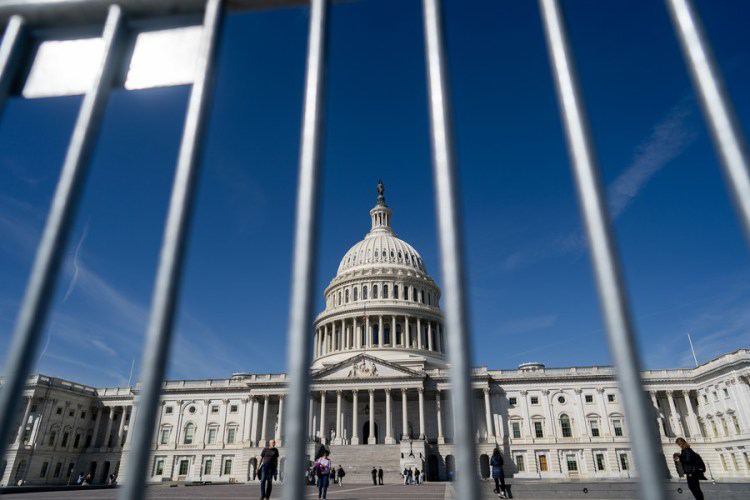
Metal barricades placed near the Capitol building in Washington, D.C., the United States, March 21, 2023. /Xinhua
Under the umbrella of America's global hegemony, the CIA's actions became increasingly unrestrained. In 1995 a New York Times report revealed that it's almost an "open secret" that the agency's operatives were stationed in almost every U.S. Embassy and non-governmental organization (NGO) overseas, continuing their work as diplomats or NGO personnel. Besides, the CIA established a complex network of intelligence correlation, maintaining multi-channel cooperation with over 400 foreign intelligence services, security groups, and police agencies. This intricate and extensive web of relationships, much like an octopus, extends its tentacles deep into various parts of the world, aiming to replicate the strategic logic of the Cold War era.
Following the 9/11 attacks, the CIA continued to assist the U.S. government in its global military projection by actively participating in various paramilitary operations and instigating "color revolutions" in Afghanistan, Iraq, Syria and Ukraine, leaving chaos in their wake. To better coordinate with the U.S. government in its global war on terror, the CIA even tortured detainees in its prisons, completely disregarding the restrictions of international laws and regulations.
Despite this, the CIA faces a major "existential crisis" in the digital age: The golden era of human intelligence has passed, and the growing importance of open-source intelligence and signals intelligence has led to the rapid rise of agencies like the National Security Agency (NSA), which can fully leverage their internet-based advantages to achieve greater strategic gains with smaller budgets.
Naturally, the CIA has not missed the "opportunity" brought by the global digital transformation. Since the beginning of the 21st century, the agency has intervened in the affairs of countries in the Middle East, Central Asia, and Eastern Europe in novel ways, utilizing emerging technologies to empower its subversive operations and make them more penetrating and disruptive.
Unlike the NSA and U.S. Cyber Command, which focus on offensive cyber operations, the CIA remains focused on disrupting the normal order. Collaborating with the State Department and other agencies, the CIA takes full advantage of the anonymity provided by the dark web's TOR technology to offer dissidents in target countries a means to evade surveillance. The CIA also engages in social engineering attacks against specific individuals, attempting to steal target data. These tactics were recently exposed in a report published by the National Computer Virus Emergency Response Center.
Looking back at the history of the CIA's foreign operations, although its methods have evolved, the underlying logic remains strikingly consistent: Using "national security" and "upholding democracy" as pretexts to interfere in other countries' internal affairs. This clearly contradicts the international consensus of fairness, justice, and mutually beneficial cooperation. Faced with the predicament of political polarization and social divisions at home, if the U.S. still regards subverting other countries as "a way out of the woods," its long-vaunted "global leadership" will wane further.



